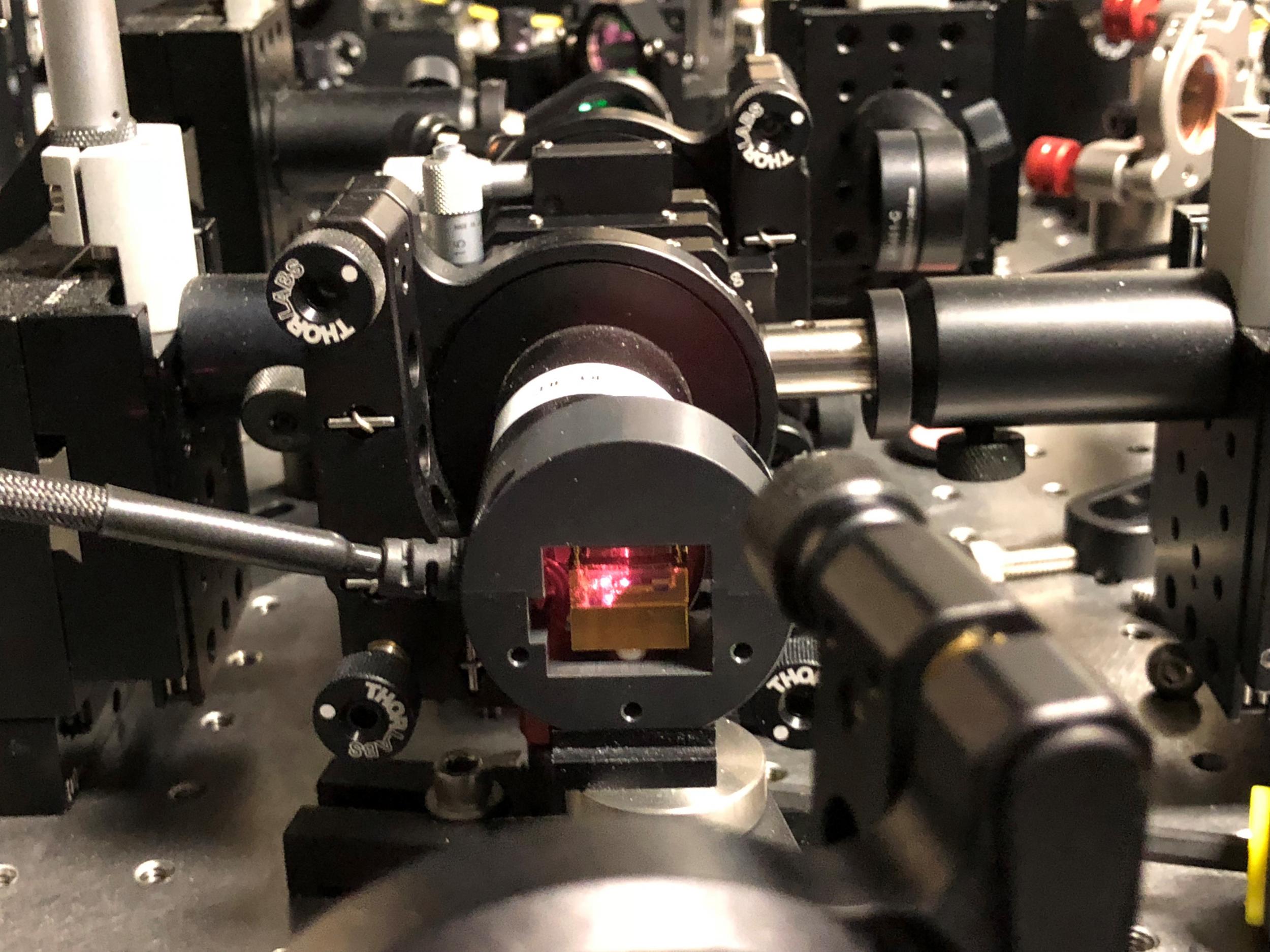‘Quantum randomness’ machine created to generate most unpredictable numbers ever
'We're sure that no one can predict our numbers,' say mathematicians behind new method

A method for generating numbers guaranteed to be random by quantum mechanics, has been developed by researchers.
Generating random numbers is incredibly useful as it allows data to be encrypted in electronic networks. Many messaging platforms are encrypted in order to guard user privacy.
However, numbers generated using conventional systems are never truly random.
"It's hard to guarantee that a given classical source is really unpredictable," said Dr Peter Bierhorst, one of the National Institute of Standards and Technology mathematicians behind the work.
"Our quantum source and protocol is like a fail-safe. We're sure that no one can predict our numbers."
Conventional random numbers are generated using software and devices that come with inevitable flaws meaning their output cannot be truly unpredictable.
Machines generating “unpredictable” numbers will do so using an algorithm.
While this method can be sufficiently random so as to give the impression of randomness, ultimately it will always be governed by carefully defined and consistent algorithms that could be predicted.
The everyday examples of flipping a coin or rolling a dice are useful analogies. While both appear to be random, these too could be predicted if enough information were available.
"Something like a coin flip may seem random, but its outcome could be predicted if one could see the exact path of the coin as it tumbles," said Dr Bierhorst. “Quantum randomness, on the other hand, is real randomness.”
Quantum mechanics is better at generating randomness as measurements of quantum particles in a "superposition" have results that are fundamentally unpredictable.
The scientists used photons – or light particles – from a laser to generate their random numbers in a process known as a “Bell test”.
This method uses an intense laser fired at a special crystal that converts light into pairs of entangled photons – a quantum phenomenon. Measuring these photons provided the researchers with their numbers.
The scientists trialled their Bell test over 55 million times, each time producing two digital bits (1s and 0s) with photons.
For the first time, Dr Bierhorst and his colleagues were able to close any “loopholes” that would allow seemingly non-random numbers to seem random.
The results of this work were published in the journal Nature.
“We're very sure we're seeing quantum randomness because only a quantum system could produce these statistical correlations between our measurement choices and outcomes,” said Dr Bierhorst.
Join our commenting forum
Join thought-provoking conversations, follow other Independent readers and see their replies
Comments
Bookmark popover
Removed from bookmarks